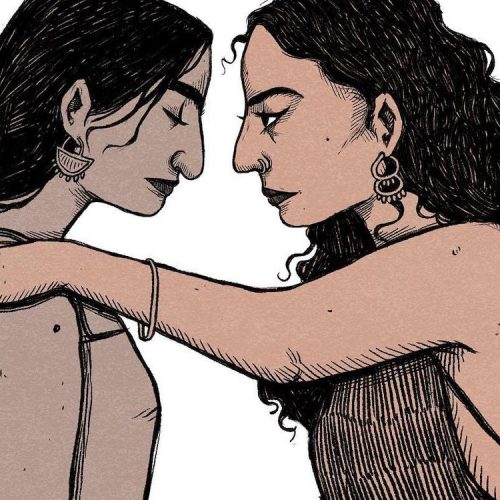“It’s different rules for men” “A woman should praise the man – the king” declared DJ Khaled in a resurfaced interview he gave The Breakfast Club last week. His comments quickly made the rounds on social media, with everyone denouncing the Palestinian-American producer for the blatant disrespect he displayed towards his wife and women in general.
The resurfaced clip—which dates back to 2015—somehow didn’t even trigger Khaled to take stock of what he’d said and reflect on how his views may have changed over the years. The reality is, his misogynistic views probably haven’t changed, and while most people—everyone from his fan-base to his celebrity friends—expressed their shock and disappointment, as an Arab, I had an enitrely different reaction.
The disappointment was still there, but I’d be lying if I said I was shocked. I’ve heard variations of these comments all throughout my life, and if not in words, I’ve seen this attitude in action from friends, family members, religious figures and even strangers.
Khaled, like many Arab men, are in fact self-proclaimed “kings”. They set rules for their families and view their only necessary contributions as providers of material wealth. “If you hold it down for your woman, then the woman should praise [the man], and the man should praise the queen, but you know… my way of praising is…How was dinner? You like the house you living in? You like all those clothes you getting?” These words are Khaled’s, but as many women in the region know, they can easily belong to any prototypical Arab man.
The UN’s International Men and Gender Equality survey, the largest of its kind, painted us a portrait of this prototypical Arab man. They wanted to understand male masculinity, and looked at data from Egypt, Lebanon, Morocco, and Khaled’s native country Palestine. And just as Khaled’s comments weren’t shocking, neither were the survey’s results.
Men and women reported that men make all household decisions. 66-90 percent of men had expectations to control their wives’ freedoms, loosely defined as “from what they wear to where they go, to when the couple has sex”. Women are expected to handle household chores, only one-tenth to one-third of men claimed to have “carried out a more conventionally female task in their home”.
A common argument supporting these positions is that these gender roles are tied to culture, as if cultural ties exonerate its harmful effects—when in fact the survey also found that they’re directly tied to mental health, with 35-52 percent of women showing symptoms of depression, along with 26-38 percent of men.
For many Americans, Khaled’s comments were seen as pedestrian, childish, and most of all misogynistic. He was quite literally the laughing stock for the better part of the week, and he deserved it. The unearthed video, being released at a time when the #METOO movement is at its height made the derogatory statements seem that much more archaic. But for the Arab world, we’re still at a point where these kinds of comments rarely warrant reactions in everyday life, let alone pave the way for a movement as large in scale, and scope as the one currently taking place in the US.
That isn’t to say that efforts haven’t been made because they have. Arab activists have long labored to put Arab women’s rights at the forefront. Strides have been made. Saudi women now have the right to drive and Tunisians have been taking to the streets to march for equal inheritance rights.
But until we all start to scrutinize and seen an end to comments like Khaled’s when we hear them from the mouths of friends, family members, and strangers, we’ll still have a long long way to go. Because as of right now (and as the aforementioned study found) Arab women are just as likely as men to believe in, and fall into, the tropes of the same sexist attitudes Arab men carry.










